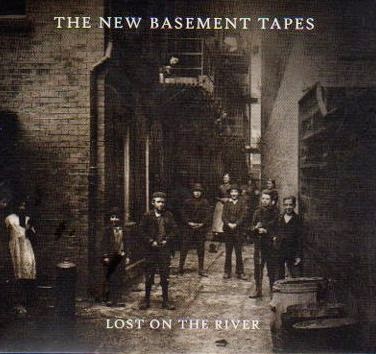VARIOUS ARTISTS
Wired for Sound: Mocambique
* * *
Wired for Sound is
a seventeen-track sampler of what's going on in the contemporary music world of
Mozambique. For those who need to get maps out, Mozambique is on Africa's
southeast coast–the island of Madagascar lies in the Indian Ocean to its east.
Although Bantu peoples and languages are indigenous to Mozambique, it was a
colony of Portugal until 1975 and Portuguese remains its official language. As
you will hear, Western influences are embedded in some of the music. In its
externals, Wired for Sound feels
similar to a lot of Afropop––lots of bright guitar cascades, solid framing
percussion, and lead voices supplemented by texturing harmonies. As the title suggests, most of what you
hear is plugged in. Mozambican lead vocals tend to be smoother and sunnier than
what we associate with West African music. In fact, tracks such as Million
Issac Junior's "Thikukola" or Academico and Pimento's "Marry
Very Well" are faintly reminiscent of calypso songs. There is also a blues
tradition; change the language and "Takunha Dilani" would be at home
in a club in Chicago's Southside. Still another style, heard in
"Atija" by Palopes and "Ihepo Mama" by Liquissone Juliasse
Nhamataira, uses repeated words to induce a meditative quality. Another
departure is that Mozambican music contains more horns than a lot of other
African music, South Africa being the exception. Much of the brass melds into
the mix, but one will certainly hear bright sax in the Sozhinho Ernesto K.
Banda song "Ku Pupuluma," and the ethereal jazzy flair of Nhamataira
on "Chuva" is evocative of midwinter projects from Paul Winter.
As on all samplers, some tracks stand out more than others
and a few seem out of place. I personally enjoyed a traditional song from
Josefina Zacharias, but could have done without the final two tracks
altogether–a rap in an African language I don't speak by MDK and Flay C has no
emotional impact on me, and Nelito and Armando's attempt at some Mozambican hip
hop sounds like a sloppy mess. Rap and hip-hop are now universal (which means
they may be on the wane as pop music) and they never have been genres I found
interesting, but these two tracks violate the standard I use to gauge world
music: if you're performing something that's vibrant and new, I'm intrigued; if
you're recycling pop clichés, I'm unimpressed. Luckily there are 15 really
solid tracks to make up for the two misfires. Rob Weir





